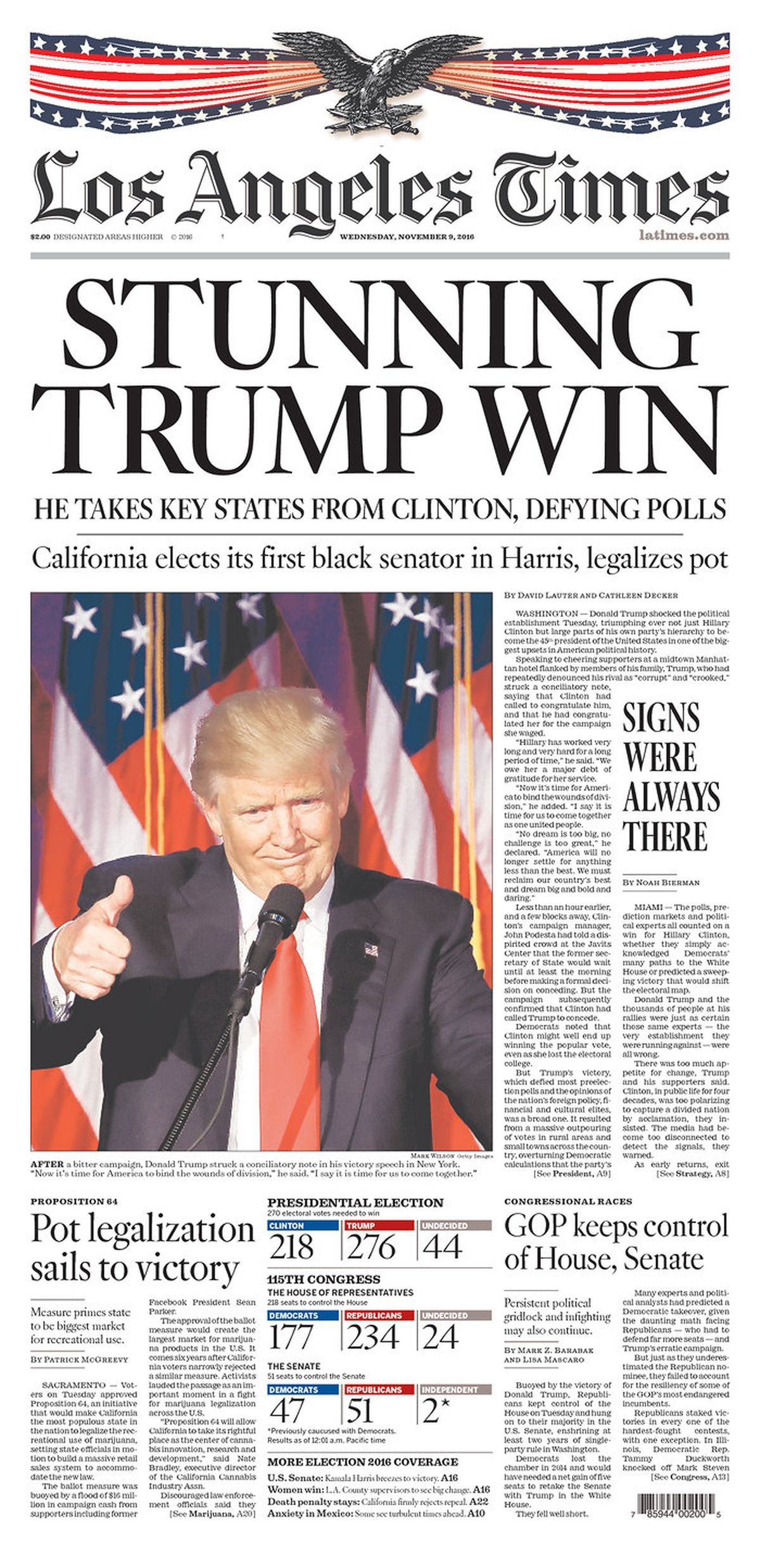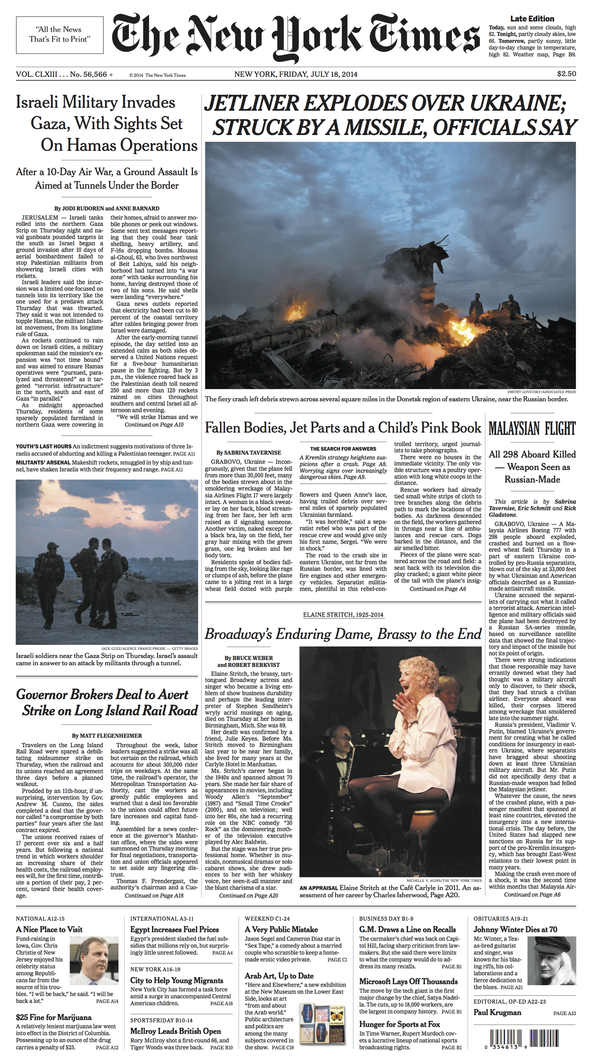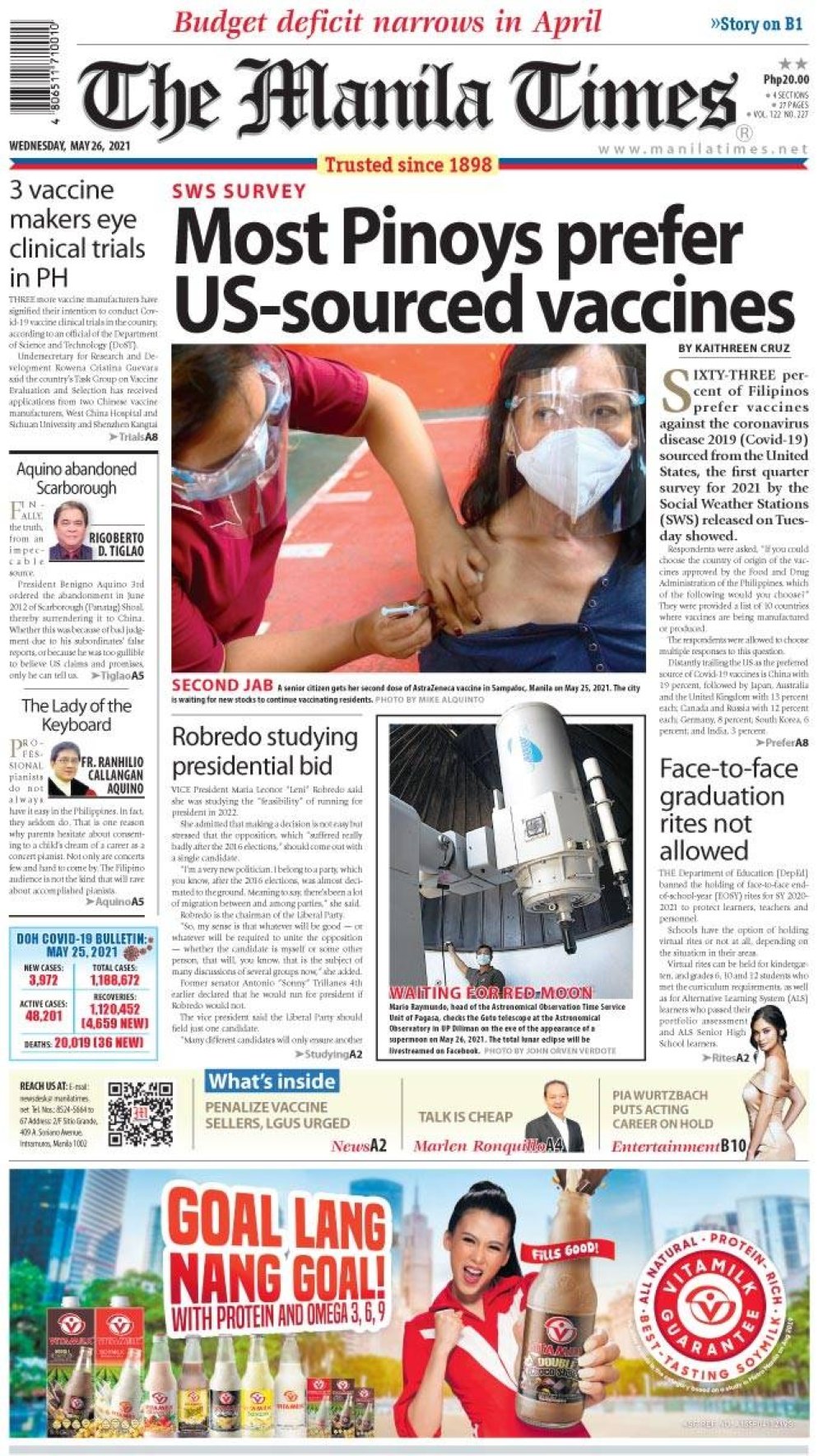
[Comprehensive News]

Executive Summary

This comprehensive news article delves into the rapidly evolving landscape of information consumption and dissemination. It explores the challenges and opportunities presented by the digital age, examining the role of traditional media, the rise of social media, and the impact of artificial intelligence on news production and consumption. The article analyzes the implications of these trends for journalists, consumers, and society as a whole, offering insights into the future of news and its critical role in shaping public discourse.

Introduction
The way we consume and engage with news has undergone a dramatic transformation in the digital age. Traditional media outlets are facing unprecedented challenges, while social media platforms have become dominant forces in shaping public opinion. At the same time, artificial intelligence is revolutionizing news production and consumption, blurring the lines between fact and fiction. This article explores the complexities of this evolving landscape, examining the trends, challenges, and opportunities that lie ahead for the news industry and its role in shaping our understanding of the world.
The Rise of Social Media and its Impact on News
Social media platforms like Facebook, Twitter, and Instagram have become major sources of news for many people. They offer instant updates, diverse perspectives, and direct engagement with journalists and public figures. However, this rise also brings challenges:
- Spread of Misinformation: Social media’s speed and reach amplify the spread of false or misleading information, making it difficult to distinguish fact from fiction.
- Filter Bubbles and Echo Chambers: Algorithms can trap users in echo chambers, reinforcing existing beliefs and limiting exposure to diverse viewpoints.
- The Power of Influencers: Individuals with large followings on social media can wield significant influence over public opinion, potentially shaping narratives and influencing political discourse.
- The Rise of Citizen Journalism: While empowering individuals to share their experiences, citizen journalism can also be unreliable and prone to bias.
The Role of Artificial Intelligence in News
Artificial intelligence (AI) is rapidly transforming the news industry, automating tasks like writing, editing, and content distribution. AI-powered tools can analyze vast amounts of data, identify trends, and even generate news articles, raising questions about the future of journalism.
- Automated Content Generation: AI algorithms can create basic news reports, summarizing data or covering routine events.
- Data-Driven Journalism: AI can analyze large datasets to uncover patterns, identify trends, and produce insightful stories.
- Personalization and Recommendation Engines: AI algorithms can tailor news content to individual user preferences, creating personalized news feeds.
- Fact-Checking and Verification: AI tools can help identify and debunk false information, enhancing the accuracy and credibility of news content.
The Future of Traditional Media
Traditional media outlets, like newspapers and television channels, are facing a decline in readership and viewership. The rise of digital platforms has fragmented audiences and eroded the revenue streams of traditional media. However, they still play a crucial role in providing in-depth reporting, investigative journalism, and fact-based information.
- Adapting to Digital Platforms: Traditional media outlets are adapting to the digital landscape, developing online platforms, mobile apps, and social media presences.
- Focus on Investigative Journalism: Traditional media outlets are emphasizing in-depth reporting, investigative journalism, and fact-checking, differentiating themselves from the rapid-fire news cycle of social media.
- Subscription Models: Traditional media outlets are exploring subscription models to generate revenue and offer exclusive content.
- The Importance of Trust and Credibility: In the era of misinformation, traditional media outlets are emphasizing their commitment to journalistic ethics and the importance of building trust with their audiences.
The Importance of Media Literacy in the Digital Age
Navigating the deluge of information in the digital age requires media literacy skills. Understanding the different types of media, identifying biases, and evaluating the credibility of sources are essential for discerning truth from falsehood.
- Critical Thinking and Source Evaluation: Media literacy involves critically assessing news sources, understanding the motivations behind media coverage, and identifying potential biases.
- Fact-Checking and Verification: Learning to verify information using reputable sources, fact-checking websites, and cross-referencing different perspectives is crucial.
- Digital Citizenship: Developing responsible online behavior, respecting intellectual property, and understanding the potential impact of online actions are essential skills.
- Combating Misinformation: Recognizing the signs of misinformation, understanding how to debunk false claims, and promoting factual information are key to combating the spread of disinformation.
Conclusion
The news landscape is undergoing a profound transformation, driven by the rise of social media, artificial intelligence, and changing consumer habits. Traditional media outlets are adapting to the digital age, while new players are emerging. Navigating this complex environment requires media literacy skills, a critical understanding of the challenges posed by misinformation, and a commitment to journalistic ethics. As we move forward, the role of news will remain vital in shaping public discourse, informing our understanding of the world, and holding power accountable.
Keywords:
- Social Media
- Artificial Intelligence
- Traditional Media
- Media Literacy
- Misinformation


